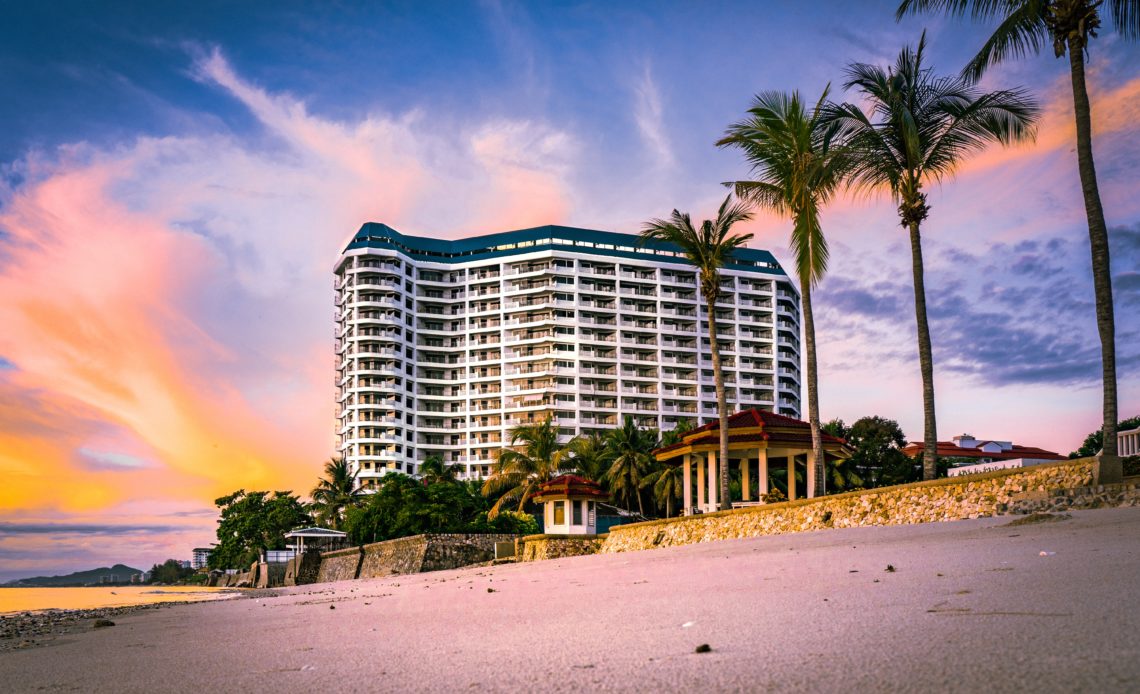
The hospitality industry is comprised of a large category of fields that focus on customer satisfaction. It includes hotels, casinos, amusement parks, restaurants, convention centers, and more. Like other industries, hospitality is embracing LTE and 5G private networks, learning that there are tangible gains to be seen in efficiency and improved customer satisfaction.
Hotels are taking connected experience to the next level
Joe Madden at Mobile Experts in 2018 reported that “30 percent of hotel guests will not return if wireless coverage is not satisfactory.” Connectivity plays a critical part in the guest experience. Wi-Fi continues to play a significant role in enabling the connected experience for guests and staff; however, with higher speeds and better security available from private cellular networks, hotel CIO’s network strategy is changing.
Hotels have learned that there are many things they can do to improve their operations and increase customer satisfaction using advanced telecommunications features. Check-in and check-out can be contactless using mobile apps and facial recognition, improving security and efficiency. Once in their hotel room, a guest can be offered secure high-speed internet access, food and drink per their individual history, and personalized recommendations for activities, i.e., a virtual concierge.
The Hotel InterContinental in Shenzhen, China, in conjunction with China Telecom and Huawei, is building the world’s first “smart” hotel, and several five-star hotels in China are planning to follow suit. These hotels will use 5G private networks to improve connectivity for staff and guests, as well as use “…other technologies to provide diverse applications including UHD video, cloud PC, cloud gaming, VR rowing, and personalized recommendations.” Robots will be used to improve security indoors and outside. More repeat visitors are expected due to a higher rate of satisfaction.
The Caribe Royale Resort in Orland, Florida, a large hotel and convention center, is working with Geoverse to deploy a CBRS-based neutral host network. Initial applications include indoor coverage in the convention center with subsequent iterations to handle the significant traffic expected from 1,300 suites and 220,000 square feet.
The Faena Hotel and Forum in Miami Beach, Florida, used Quantum Wireless to install a CBRS 3.5 GHz band network to improve “wireless coverage, capacity and data speeds” in time for the 2020 Super Bowl held in Miami.
Theme parks ride 5G
China has led the way with 5G private networks in amusement and theme parks. In 2019, China Telecom began work with Haikou Changying Global 100 Wonderland to build the world’s first smart park. The park will offer visitors “augmented reality (VR, AR) park guides, travel robots, unmanned car guides, and other services to achieve automatic questions and answers, travel recommendations and other functions.” The park will use facial recognition to access control systems and use live HD video for real-time dynamic monitoring in an emergency.
China also opened a 5G virtual reality theme park in south China’s Guangxi Zhuang Autonomous Region in 2021. It will provide guests with a variety of AR and VR experiences.
Casinos know a good bet
Casinos are winning on their bets by installing private wireless networks to increase capacity for their customers and with operational efficiencies such as using HD videos on security bodycams and from multiple overhead and side angles to deter cheating. LTE and 5G coverage are far more secure than existing Wi-Fi networks.
The 7 Cedars Casino in Washington state is remotely located, and operators have been reluctant to install sufficient network access and capacity for the casino and their guests. 7 Cedars is teaming up with licensed mobile network operator (MNO) Geoverse to build an extensive private LTE network in the CBRS 3.5 GHz band. It will cover the casino, three restaurants, and a new hotel. “The network will provide up to 5-bars of connectivity and support a wide range of new applications and Internet of Things (IoT) devices.”
The city of Las Vegas, known for its hospitality with its many casinos, hotels, and convention centers, teamed up with Terranet Communications, a private network provider, to install the “…largest private, municipal LTE/5G network” in the US” in 2021. Terranet brought radio access network (RAN) provider Baicells into the CBRS 3.5 GHz band project using LTE, with the system 5G-ready. The entire network was installed in 45 days. The network will initially connect students and educational institutions, but “will be used also for other “community assets,” and could stretch into neighboring areas.” Las Vegas has ambitions to be a smart city and is working on traffic management and parking.
Conclusion
It is likely that more and more hospitality businesses such as convention centers, bars, and cruise ships will install private networks as the benefits become apparent and the technology becomes more cost-effective.


